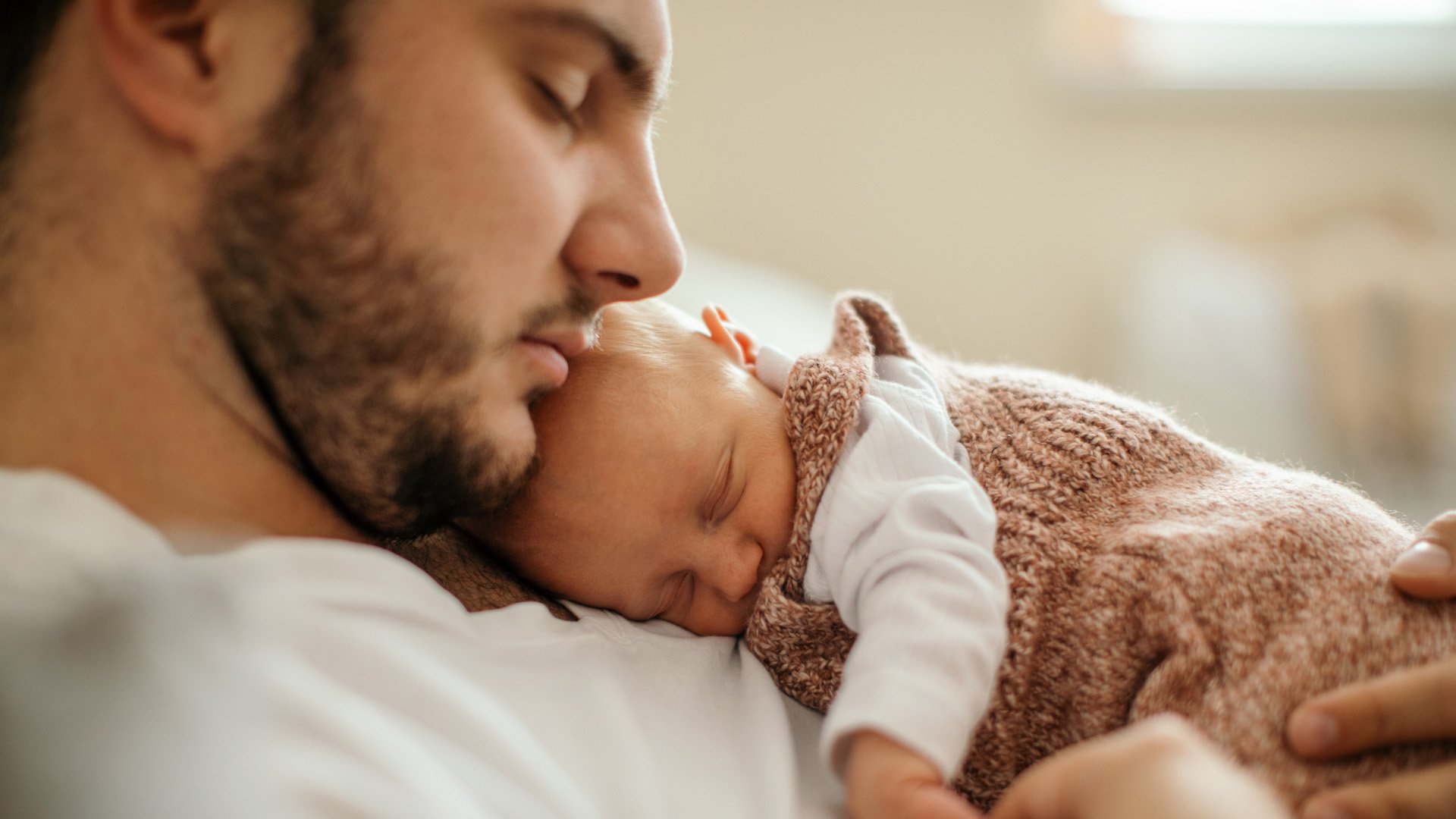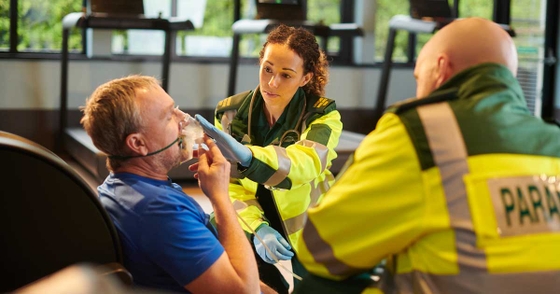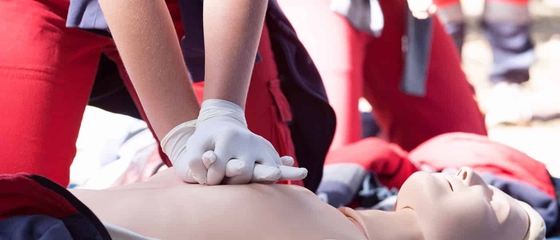
4 essential jobs your body does while you sleep
Blog: 20 November 2023
On average, humans spend about one third of our lives asleep. That might seem like a lot of time to dedicate to snoozing, but it may actually be one of the most productive things you do!
When you go to sleep, your body gets to work on keeping everything running smoothly.
So what does your body do when you’re sleeping?
1. Your brain does the housekeeping
Your brain is nearly as active while you sleep compared to when you’re awake. During this time, it processes information from the day and builds new memories. It also tidies up by clearing out toxins that have accumulated in the brain throughout the day – keeping your mood stable and reaction times sharp.
2. Your muscles take a break
When it’s time to sleep, your muscles have a very important job – to relax. This includes your heart: the heart rate slows down, and blood pressure drops, giving your heart and blood vessels a rest from the hard work of the day.
3. Your immune system gets its boost
Good sleep helps us keep a strong immune system to defend against infections. A healthy immune system also prevents inflammation – a major driver in the development of many chronic illnesses.
4. Your metabolism regulates
Hormones called ghrelin and leptin control our feelings of hunger and fullness. These hormones depend on stable sleep to work properly, which help you make healthy dietary choices.
What happens when you don’t get enough sleep?
Sleep is essential to almost every function in your body - and when we don't get enough of it, each of those systems are at risk. When you don’t get enough sleep:
your heart and blood vessels don’t get the rest they need, increasing the overall strain on your cardiovascular system.
your immune system produces more inflammatory cytokines – proteins that cause inflammation in the body.
the amounts of your hormones like ghrelin and leptin can go out-of-whack, causing you to feel more hungry more often, and have stronger cravings for high calorie foods. This makes it harder to follow a healthy diet.
you are less likely to be physically active.
Each of these consequences of poor sleep are key risk factors for cardiovascular disease.
For some people, sleepless nights are a frequent problem - in fact, about 1 in 5 Australians have been diagnosed with a sleep disorder. This includes restless leg syndrome, insomnia and sleep apnoea. Sleep disorders like these have been linked to chronic conditions like hypertension, type 2 diabetes, and coronary heart disease, as well as their associated risk factors.
How can I have good sleep hygiene?
‘Sleep hygiene’ is a term that refers to the healthy habits and environmental factors that promote sound sleeping. The idea is that you might be able to train your body into a better sleep routine. Try some of these habits to help improve your sleep hygiene:
Aim to go to bed at the same time every night.
Try to wake up at the same time – or close to the same time – every morning (even on your days off).
Avoid sleeping during the day. While naps can be tempting during that mid-afternoon slump, they ultimately take away from your sleep at night.
Avoid spending time in your bed in the daytime. Teach your brain and your body that bedtime = sleep time.
Engage in daily physical activity – give your body a reason to feel tired!
Avoid alcohol. While many people think that alcohol helps make them feel sleepy and relaxed, it actual disrupts your sleep. Avoid for at least 4–6 hours before bed.
Find more helpful tips here.
If you feel that you are still struggling with getting good rest overnight, consider reaching out for help from your GP. Your GP can talk you through other strategies, or refer you for an assessment at a sleep clinic.
You might also be interested in...

Heart attack vs cardiac arrest – know the difference
Learn the difference between heart attack and cardiac arrest, their symptoms, survival rates, and prevention tips to help you respond in an emergency.

Is your heart feeling your age?
Have you ever wondered how old your heart is? It might seem like a strange question. Surely your heart is the same age as you? But when we talk about ‘heart age,’ we aren’t talking chronologically...

Staying alive: a history of CPR
In the event of a cardiac arrest, time is of the essence. Lifesaving interventions can often literally be the difference between life and death.
Last updated05 March 2024